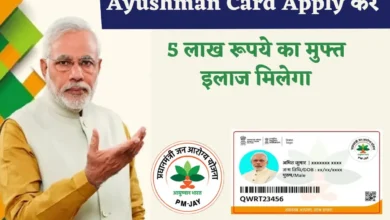
In a significant ruling, the Supreme Court of India has declared that any arrest made without informing the accused of the grounds is unconstitutional. The court stressed that failure to communicate specific reasons for detention violates Article 22 of the Indian Constitution, which guarantees protection against arbitrary arrests.
SC Strengthens Legal Protections
The verdict highlights the fundamental principle that an individual cannot be deprived of their liberty without due process. The ruling serves as a strong reminder for law enforcement agencies to ensure transparency and accountability while carrying out arrests.
The bench of justices clarified that merely citing general charges or laws is insufficient; authorities must provide a clear explanation to the accused at the time of the arrest. This decision reinforces human rights and aligns with international legal standards.
What This Means for Law Enforcement
Lawyers and legal experts have welcomed the ruling, emphasizing its role in preventing misuse of power. According to legal analysts, the judgment will help curb instances where arrests are made without proper justification, often leading to wrongful detentions.
Authorities will now be required to:
Provide a detailed explanation for any arrest.
Ensure the accused understands the charges against them.
Prevent arbitrary or politically motivated arrests.
Legal Framework and Previous Rulings
The Supreme Court’s decision is based on Article 22(1) of the Indian Constitution, which states that no person can be detained without being informed of the grounds for arrest. The ruling also aligns with previous landmark judgments where courts upheld the right to legal representation and protection against arbitrary state action.
Impact on Recent and Future Cases
This ruling is expected to influence several ongoing high-profile cases where individuals have been arrested without clear reasons. Legal experts suggest that it could lead to a review of past arrests where procedural violations occurred.
Public Reaction and Legal Community Response
The decision has sparked widespread discussion, with many praising the Supreme Court for reinforcing constitutional rights. Human rights activists and legal scholars view this as a crucial step in ensuring fairness in criminal proceedings.
With this ruling, the judiciary has once again emphasized the importance of justice, fairness, and legal transparency in India’s criminal justice system.






